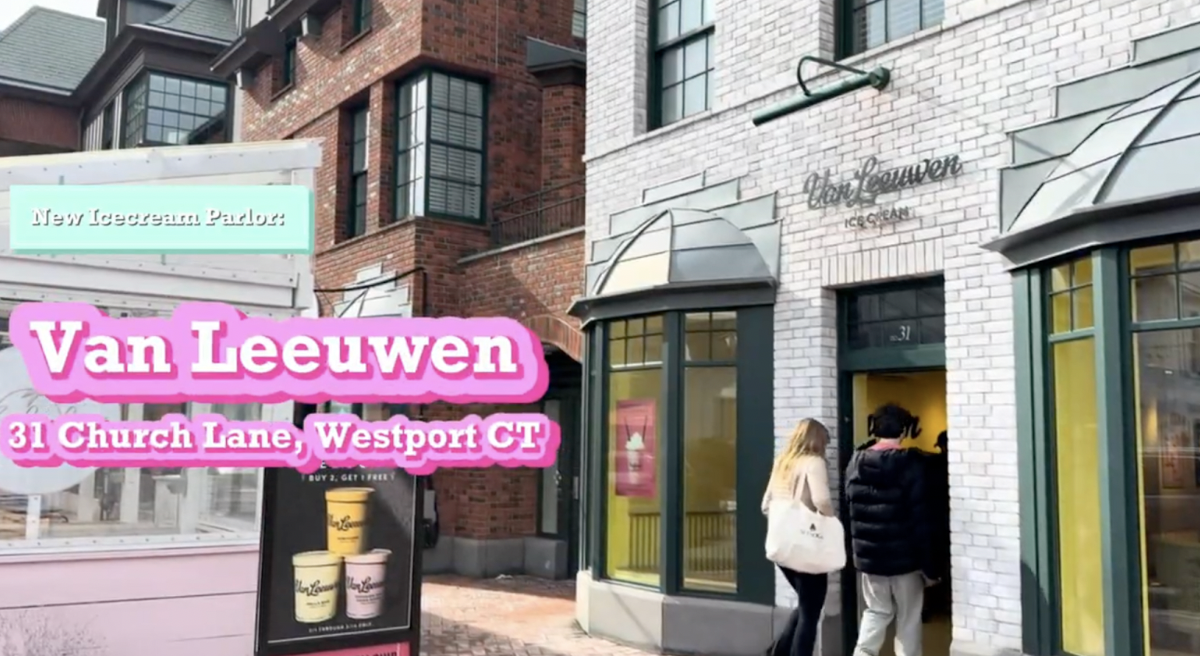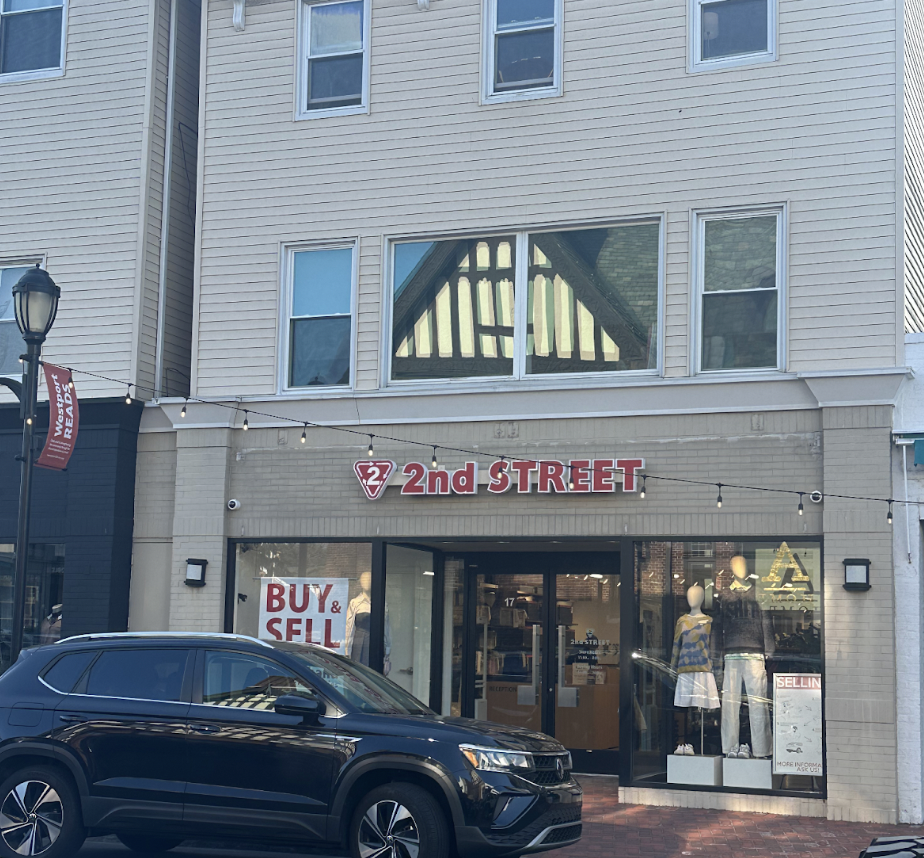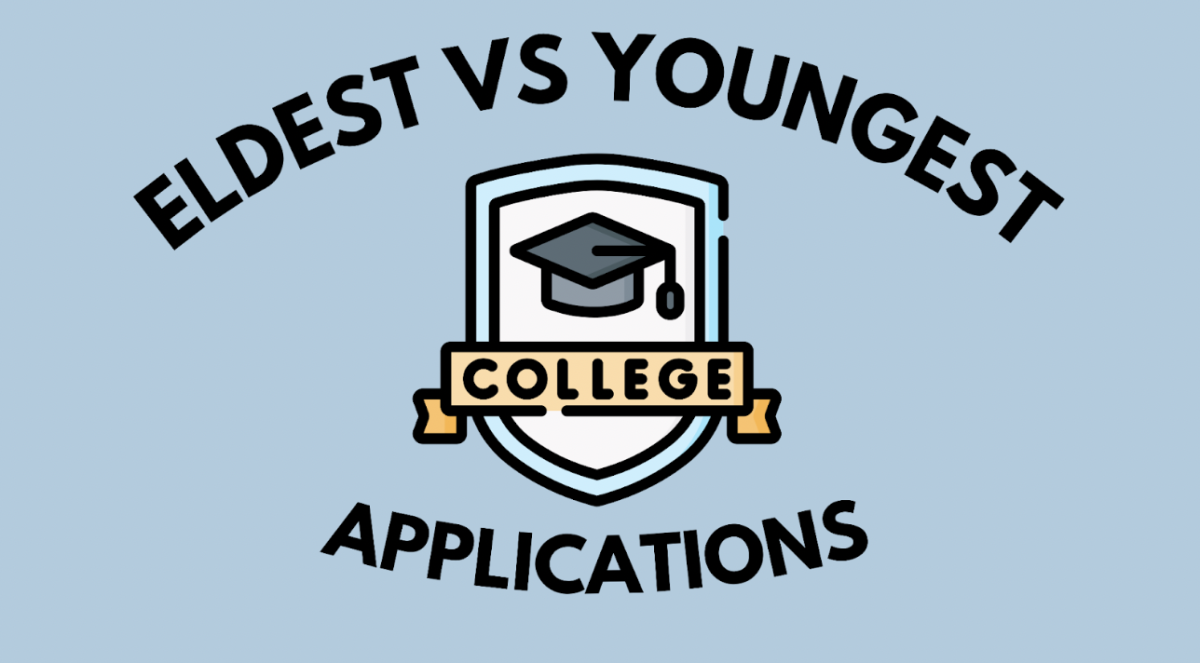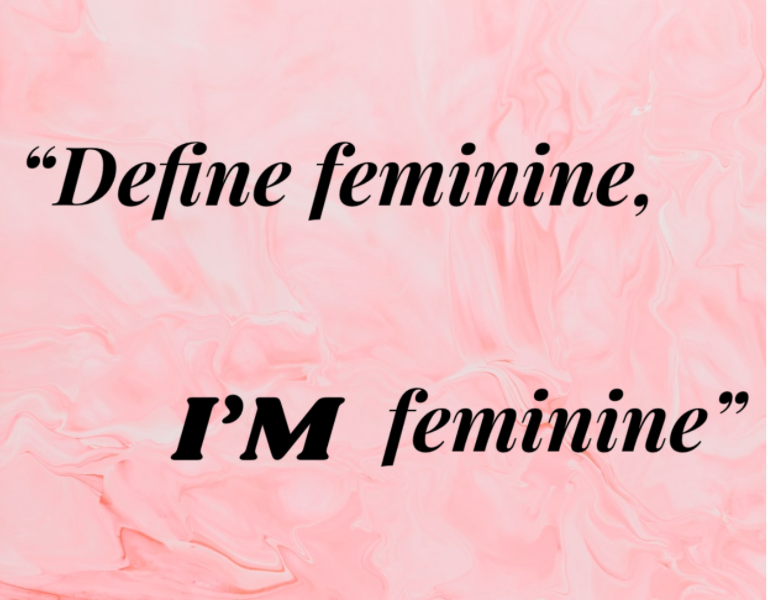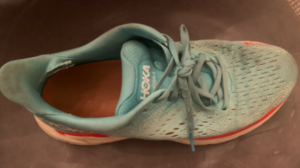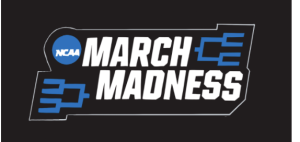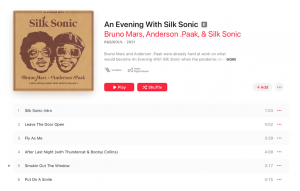‘Define feminine, I’m feminine’ TikTok trend portrays societal expectations of women, highlights women’s differences
Graphic by Hannah Ratcliffe ’22
‘Define feminine, I’m feminine’ trend takes over TikTok to embrace women’s differences and challenge societal expectations.
As I scroll through TikTok–a social media app meant for sharing fun, harmless videos–it’s hard not to notice the prevalent negative comments on girls’ videos. I brace myself each time I open the comment section on a video of a girl wearing a bikini or a woman playing sports, as the hate surrounding women’s bodies and interests have seemingly become normalized in today’s world.
It’s no secret that women in the public eye often get criticized for pretty much everything and anything they do. What they wear, how they act and even what they enjoy doing. Even young girls who do not hold celebrity titles get attacked and made fun of on social media platforms for simply living life the way they want to.
Alas, a new TikTok trend has arisen where young girls and women call out these stereotypical expectations that the world has placed on them and instead embrace their differences and uniqueness.
In this trend, women have started sharing common words said to them regarding their appearance or hobbies.
“Women” by outspoken feminist Doja Cat plays in the background of these videos. The song includes the lyrics “Divine feminine. I’m feminine,” which have been switched and users instead use text saying “Define feminine. I’m feminine” for the sake of the trend. Here, women challenge the stereotypical expectations while spotlighting their undeniable womanhood.
While scrolling through the trend, which over 36,000 users have participated in, some common criticisms have to do with weight and muscle, body hair, clothing choice, hobbies, sports and sexuality. While these factors have been deemed unladylike by society in the past, women are reclaiming their identities through this trend.
Famous influencers Brooke Monk, Julie Visnes and Brooklynne Webb are among the thousands of young women to participate in this trend, letting their followers in on the struggles they face for simply wearing baggy clothing, not having an hourglass body type and not shaving their body hair. These are all examples of the hate they get online on almost every video they post, despite what the content is actually about.
It is really empowering to see so many young girls and women participate in a trend that allows others to realize they are not alone and don’t have to apologize for looking or acting a certain way, or just being different. Social media has an extremely significant impact on many young girls, so having powerful and non-apologetic role models who are not confining to societal expectations is so important.
This trend has opened my eyes to so many of the daily challenges girls experience for wanting to live the way they want to. While social media platforms like TikTok may be facilitating a space for these unrealistic expectations to grow, it is hopeful to see that a community has been created for young girls to witness “exceptions” to these expectations.

Web Arts Editor Hannah Ratcliffe ’22 loves all things arts and dancing, which has shined through in Inklings.
“I am a competitive dancer at ‘The...


























